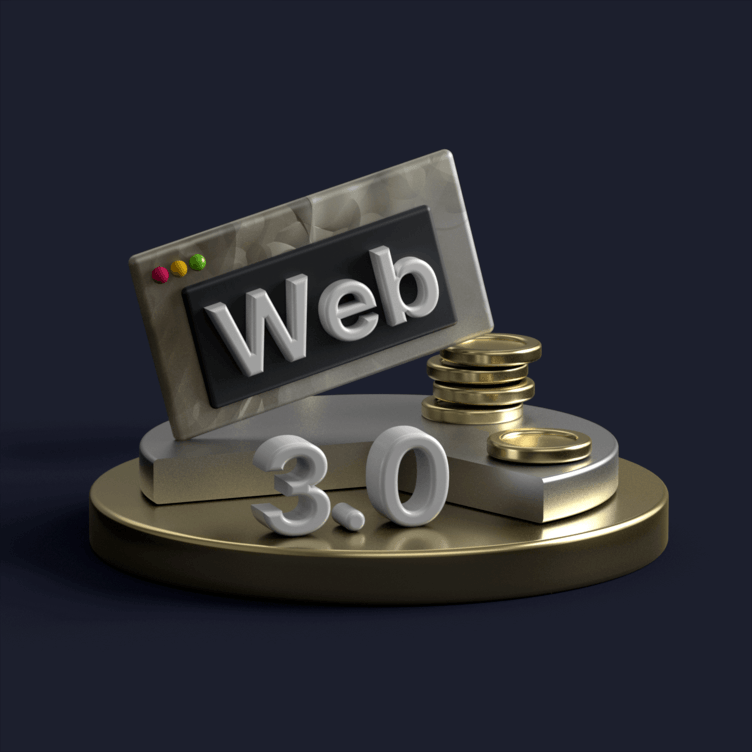Blockchain technology has gained significant attention, primarily due to its association with cryptocurrencies like Bitcoin. However, the potential of blockchain goes far beyond just digital currencies. In this article, we will delve into the real-life applications of blockchain and how it is transforming various industries.
Revolutionizing Supply Chain Management
Blockchain technology has the power to revolutionize supply chain management by enhancing transparency and traceability. Through a decentralized and immutable ledger, blockchain enables each transaction and movement of goods to be recorded, monitored, and verified in real-time.
With blockchain, supply chain stakeholders can track and verify the origin, authenticity, and quality of products, ensuring a more efficient and secure process. This technology can be particularly beneficial in industries such as food and pharmaceuticals, where traceability and accountability are of utmost importance.
Streamlining Financial Services
Beyond cryptocurrencies, blockchain has the potential to streamline various financial services, making them faster, more secure, and cost-effective. Traditional banking systems often involve intermediaries, leading to delays, higher costs, and increased chances of fraud.
By adopting blockchain technology, financial institutions can eliminate the need for intermediaries, enabling peer-to-peer transactions and reducing transactional costs. Additionally, blockchain can enhance security by providing a tamper-proof ledger of transactions, mitigating the risk of fraud and enhancing trust.
Enhancing Digital Identity Management
Digital identity management is another area where blockchain technology can have a significant impact. With the increasing prevalence of online services, digital identities are becoming crucial, but they are also vulnerable to hacking and data breaches.
Blockchain offers a decentralized and secure solution for managing digital identities. By storing identity information on a blockchain, individuals can have greater control over their personal data, eliminating the need for centralized authorities and reducing the risk of identity theft.
Improving Healthcare Systems
The healthcare industry can greatly benefit from the integration of blockchain technology. Patient records are often scattered across multiple providers, making them difficult to access and share securely. This lack of interoperability can result in delayed treatments, medical errors, and compromised patient care.
Blockchain-based electronic health records (EHRs) can address these challenges by providing a secure and unified platform for storing and accessing patient data. Interoperable EHRs can enable seamless sharing of medical records among healthcare providers, improving efficiency, accuracy, and patient outcomes.
Enhancing Voting Systems
Voting systems around the world face issues related to security, transparency, and trust. Traditional voting methods are susceptible to fraud and manipulation, undermining the democratic process.
Blockchain-based voting systems can address these challenges by providing a transparent and tamper-proof platform for casting and counting votes. The decentralized nature of blockchain ensures that each vote is securely recorded, eliminating the possibility of tampering or alteration.
Conclusion
Blockchain technology is not limited to cryptocurrencies; it has the potential to transform various industries by enhancing transparency, security, and efficiency. From supply chain management to financial services, digital identity management to healthcare systems, and voting systems, blockchain offers innovative solutions.
As more organizations and industries recognize the potential of blockchain, we can expect to see its widespread adoption and further exploration of its applications. Embracing blockchain technology is not just a trend but a stride towards a more secure, transparent, and efficient future.








Facebook Comments